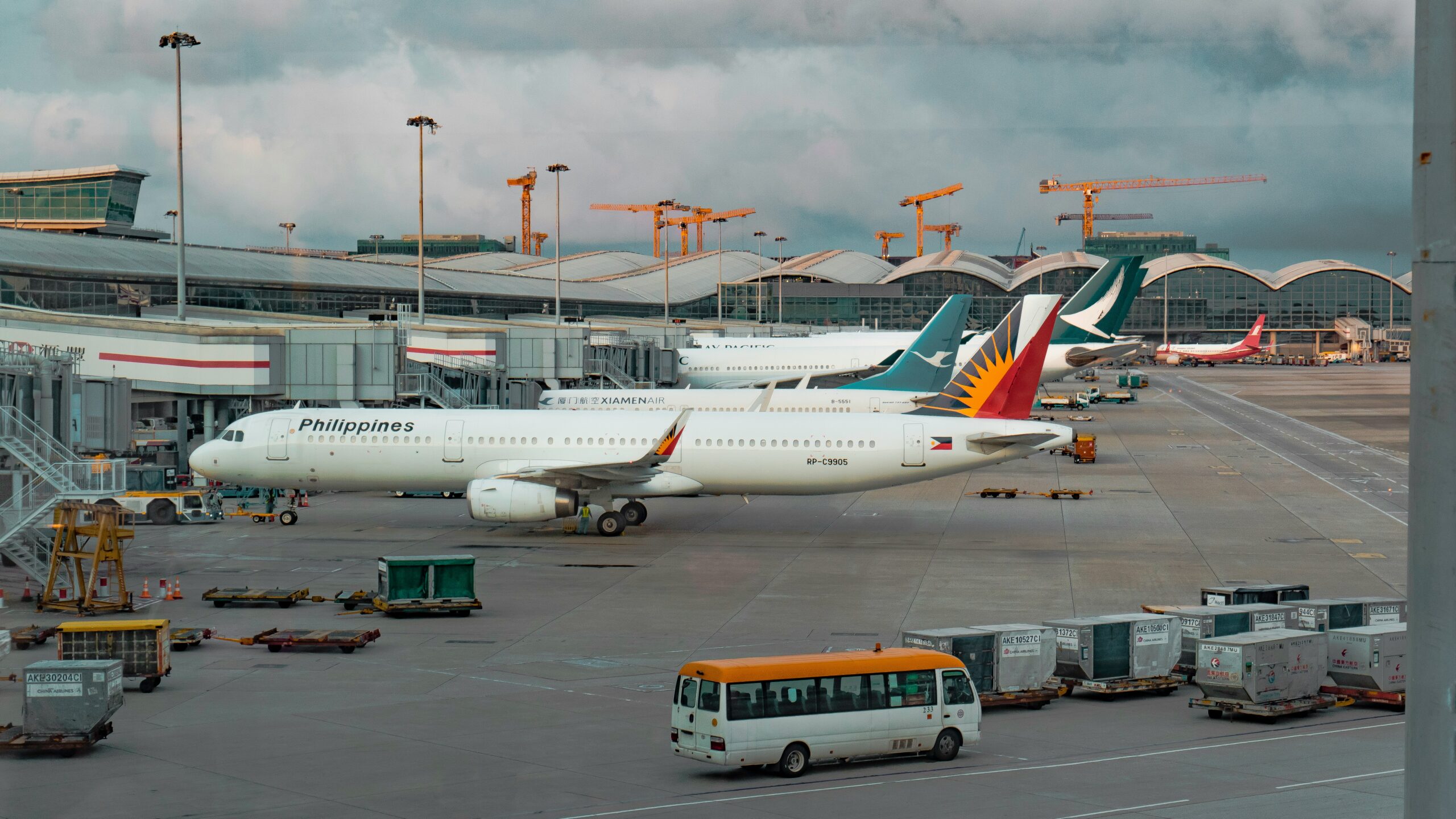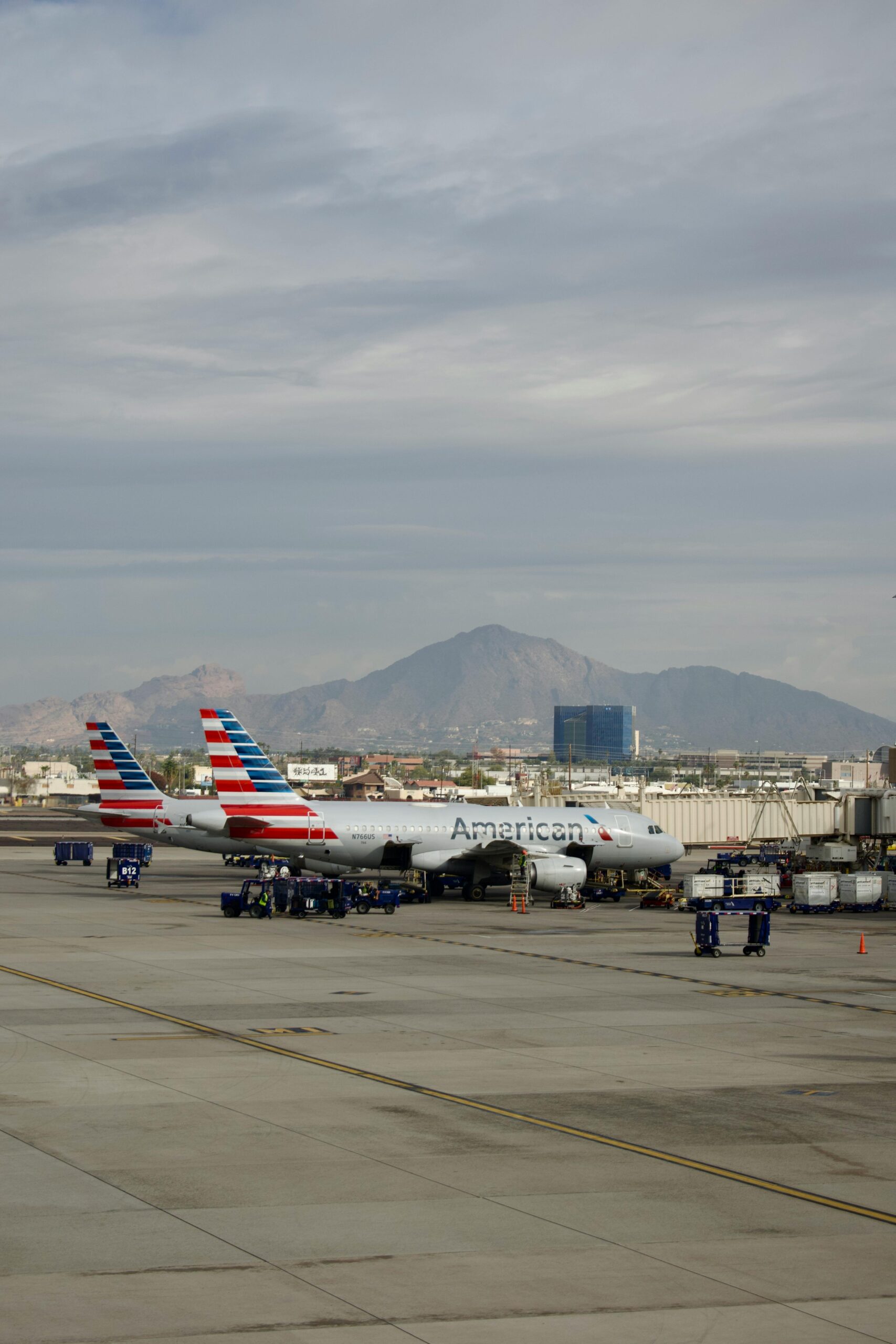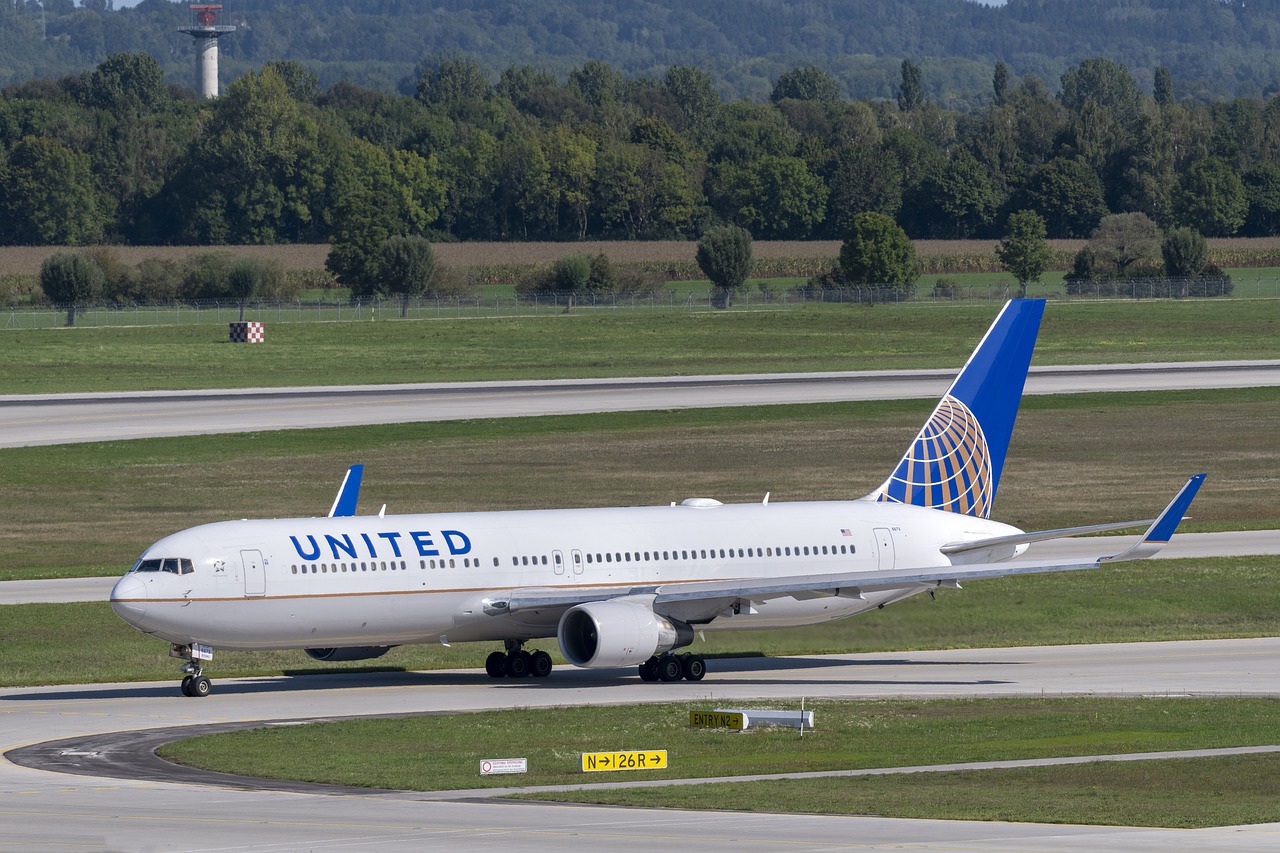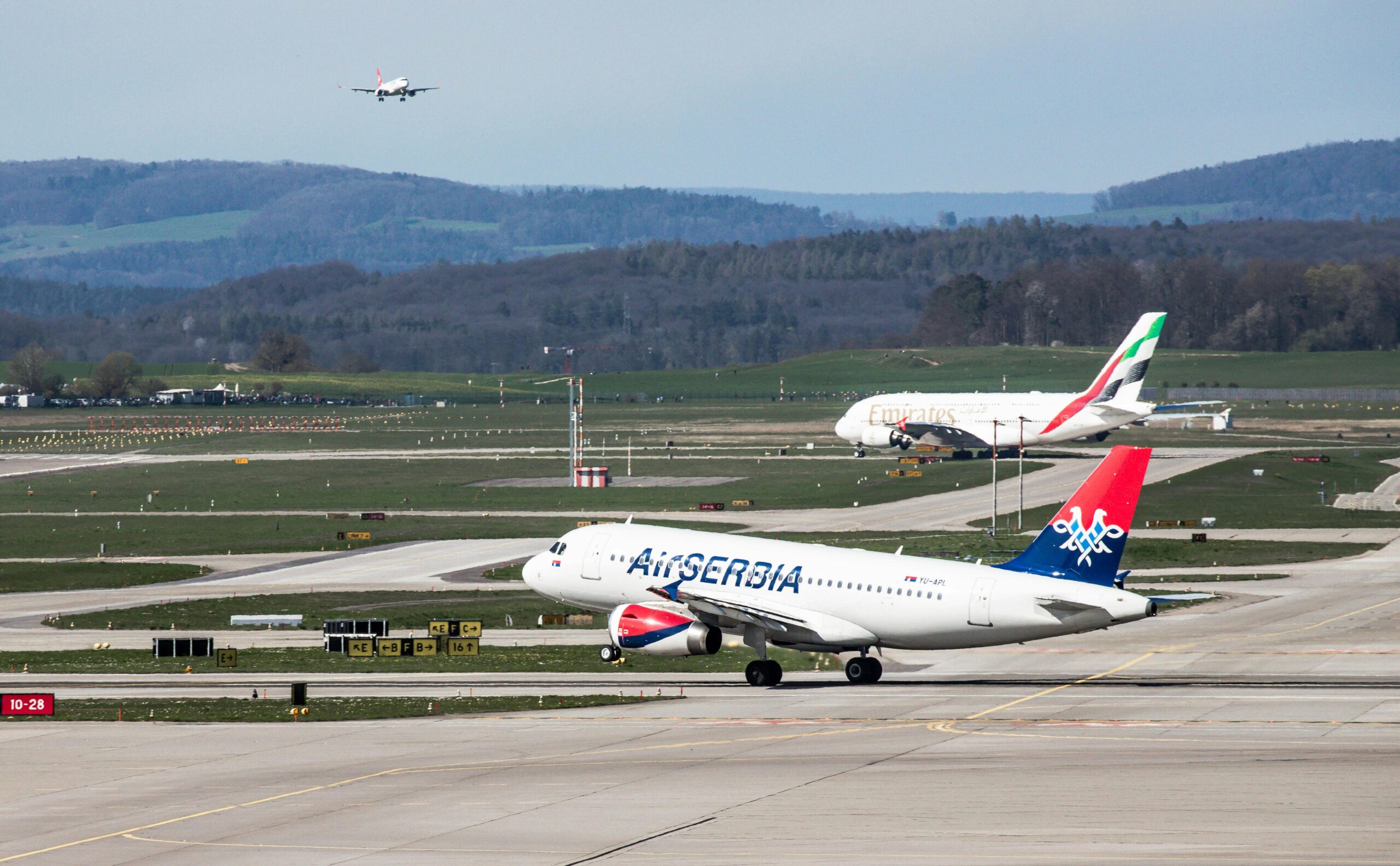Typhoon Kristine has caused significant travel disruptions in the Philippines, canceling eight domestic flights. Both Philippine Airlines and Cebu Pacific had to suspend key routes due to severe weather, affecting over a thousand passengers. Furthermore, intense rain and wind created unsafe conditions for flights, particularly in the Bicol region.
Consequently, severe weather grounded flights in Manila, Masbate, and Virac, leaving many passengers stranded. Visibility issues, combined with heavy rainfall, made safe flight operations impossible. Among the most affected areas was Masbate, where commercial flights were suspended, causing chaos for travelers and airlines alike.
This event highlights the increasing vulnerability of air travel to extreme weather in the Philippines. In fact, airports across the country, especially in the Bicol region, continue to experience disruptions due to typhoons. Thus, the cancellations serve as a reminder of how fragile the travel industry has become in regions prone to natural disasters.
To address these challenges, airlines need to strengthen contingency plans to minimize the impact of severe weather on passengers. Additionally, the rise in climate-related disruptions means that airlines and airports must invest in infrastructure and communication systems to manage future challenges effectively.
As the frequency of typhoons increases, both airlines and travelers must prepare for the growing likelihood of flight cancellations. In particular, Typhoon Kristine is a clear example of how weather events are reshaping the future of air travel in the Philippines. Therefore, adapting to these new realities will be crucial for the country’s tourism and travel industry.
Consequently, stay prepared for potential travel disruptions, and consider alternate plans during typhoon season when visiting the Philippines.
Related stories:
Catch up on the top stories and travel deals by subscribing to our newsletter!












Leave a Reply